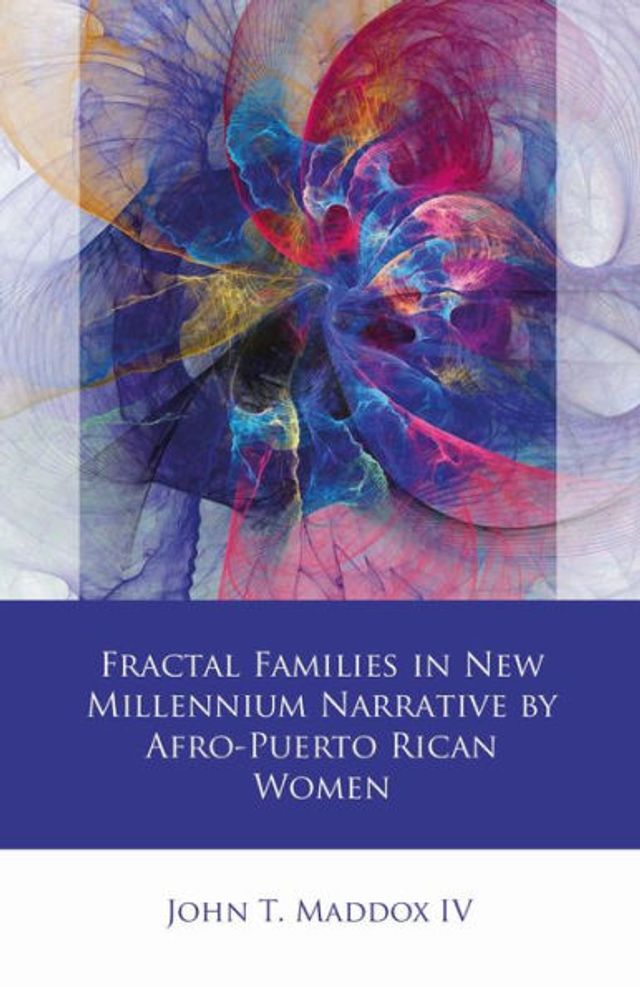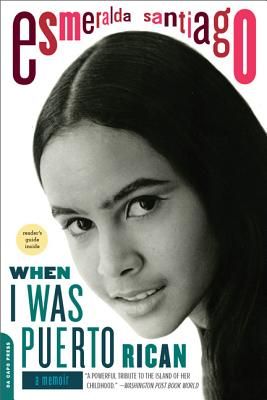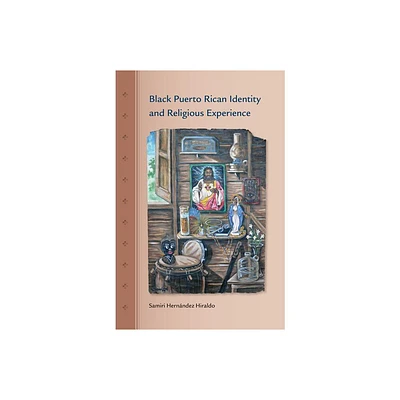Home
Fractal Families New Millennium Narrative by Afro-Puerto Rican Women
Loading Inventory...
Barnes and Noble
Fractal Families New Millennium Narrative by Afro-Puerto Rican Women
Current price: $82.00


Barnes and Noble
Fractal Families New Millennium Narrative by Afro-Puerto Rican Women
Current price: $82.00
Loading Inventory...
Size: Hardcover
*Product Information may vary - to confirm product availability, pricing, and additional information please contact Barnes and Noble
A study of the family in contemporary Puerto Rican fiction.
Colonial narratives described Puerto Rico as a familial plantation governed by white men and served by Black women, but Puerto Rican women writing today are changing the story. This book surveys diasporic fiction written by Afro-Puerto Rican women whose historical storytelling reimagines the island’s collective family around particular active womensurvivors, creators, and activists. John T. Maddox IV argues that these storiesby such writers as Mayra Santos-Febres, Dahlma Llanos-Figueroa, Arroyo Pizarro, and Yvonne Denis-Rosarioreveal imaginations committed to both the liberative and traumatic experiences of a new “fractal family.” Through close readings and interviews with the authors discussed, this book opens the door to a more fruitful conversation between the diaspora, homeland, and memory.
Colonial narratives described Puerto Rico as a familial plantation governed by white men and served by Black women, but Puerto Rican women writing today are changing the story. This book surveys diasporic fiction written by Afro-Puerto Rican women whose historical storytelling reimagines the island’s collective family around particular active womensurvivors, creators, and activists. John T. Maddox IV argues that these storiesby such writers as Mayra Santos-Febres, Dahlma Llanos-Figueroa, Arroyo Pizarro, and Yvonne Denis-Rosarioreveal imaginations committed to both the liberative and traumatic experiences of a new “fractal family.” Through close readings and interviews with the authors discussed, this book opens the door to a more fruitful conversation between the diaspora, homeland, and memory.


















